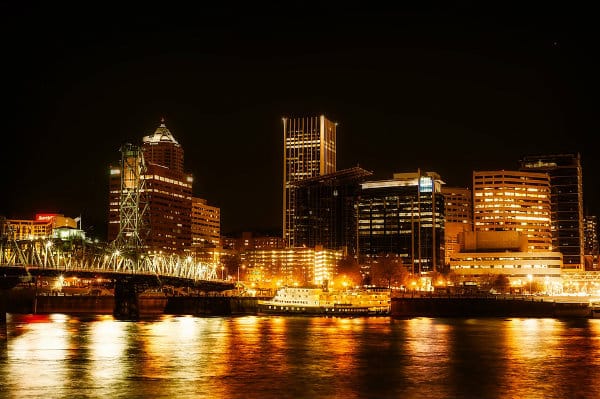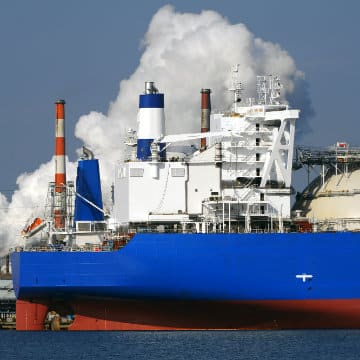After suffering an injury on the job, maritime and offshore workers in Oregon often have several questions:
You can learn more about your legal rights in a free consultation with one of our experienced maritime injury lawyers.
With shores on the north Pacific Ocean and a variety of rivers, lakes, and streams scattered throughout the state, Oregon is one of the nation’s leaders in imported and exported cargoes.
Oregon’s 23 ports play a pivotal role in the local economy, as approximately one in six Oregon workers are directly or indirectly involved with cargo, water recreation, industrial, commercial, or other maritime activities at these ports.
In any industry, it’s important to make sure that workers are taken care of when an injury happens on the job. While maritime occupations do have some inherent risks, many maritime work injuries could be prevented with more care from employers.
When an injury occurs because of some form of negligence in the workplace, injured workers may have the option to file a Jones Act lawsuit with help from our maritime accident lawyers. In some cases, a claim under the Longshore and Harbor Workers’ Compensation Act (LHWCA) may also be viable.
By speaking with an experienced lawyer, victims may learn about the types of compensation they qualify for and the nature of the claims process completely free of cost.


In order to seek compensation under the Jones Act, you must meet the Act’s definition of a “seaman”. This includes anyone who spends 30% of their time working in the service of a vessel on navigable waters. Those who are not covered by the Jones Act may seek financial compensation through another federal maritime law called the Longshore and Harbor Workers’ Compensation Act (LHWCA).
Both of these laws allow you to seek compensation for lost wages, living expenses, medical bills, and other expenses related to your injury. However, only the Jones Act allows you to hold your employer liable for negligence that contributed to your injury.
While all ship crew members and seamen are covered by the Jones Act, there are other positions that may qualify. In order to determine which option applies to you, it may be useful to speak with an experienced maritime injury lawyer.
Oregon has 23 ports that cater to a variety of recreational, commercial, and economic activities, both for residents and businesses. Some of the most prominent ports in the state include:
The Port of Astoria has a major economic influence in Clatsop County and throughout the state of Oregon. According to an economic impact study, the port and its businesses generated about $110 million through sales of goods and services in 2009. This includes $34 million generated by the airport, with the remaining $96 million coming from activities at piers, uplands, marinas, and boatyards. In the same year, the Port of Astoria and its tenants accounted for 1,785 jobs in Oregon.
The Oregon International Port of Coos Bay is one of the region’s main transporters of, wood chips, seafood, and various other cargoes. In total, 1.5 million tons of cargo travel through the Coos Bay harbor each year, including 10,000 tons of seafood landing at the Charleston Marina. This makes The Port of Coos Bay the busiest seaport in the state of Oregon.

The Port of Portland is a major facilitator of both domestic and global trade, along with passenger air travel. Oregon has 75,800 workers who are directly or indirectly involved with operations of the port. In total, this port generates over $7 billion per year in business revenue. Cargoes that travel through this port include electronics and machinery, commodities like wheat, corn, and barley, and automobiles.
If you’ve been injured while working in or around any of Oregon’s 23 ports and harbors, it’s important to be aware of your maritime workers’ rights. Like most other American workers, maritime and offshore employees are entitled to financial compensation for work-related injuries. However, the process of applying for and receiving these benefits is often even more complex than a state-level workers’ compensation claim.
In order to navigate the complex system of maritime law, get through court appearances, and negotiate with insurance companies, it’s usually necessary to have the guidance of an experienced maritime work injury lawyer. Many injured offshore workers either struggle to receive compensation or get far less than they deserve because of a lack of legal representation. To learn more about your rights and ensure that you get all the help you need, contact one of our knowledgeable maritime lawyers today for a free consultation.
Continue Reading: Your Right To Compensation After A Washington Offshore Injury
 info@legalherald.com
info@legalherald.com